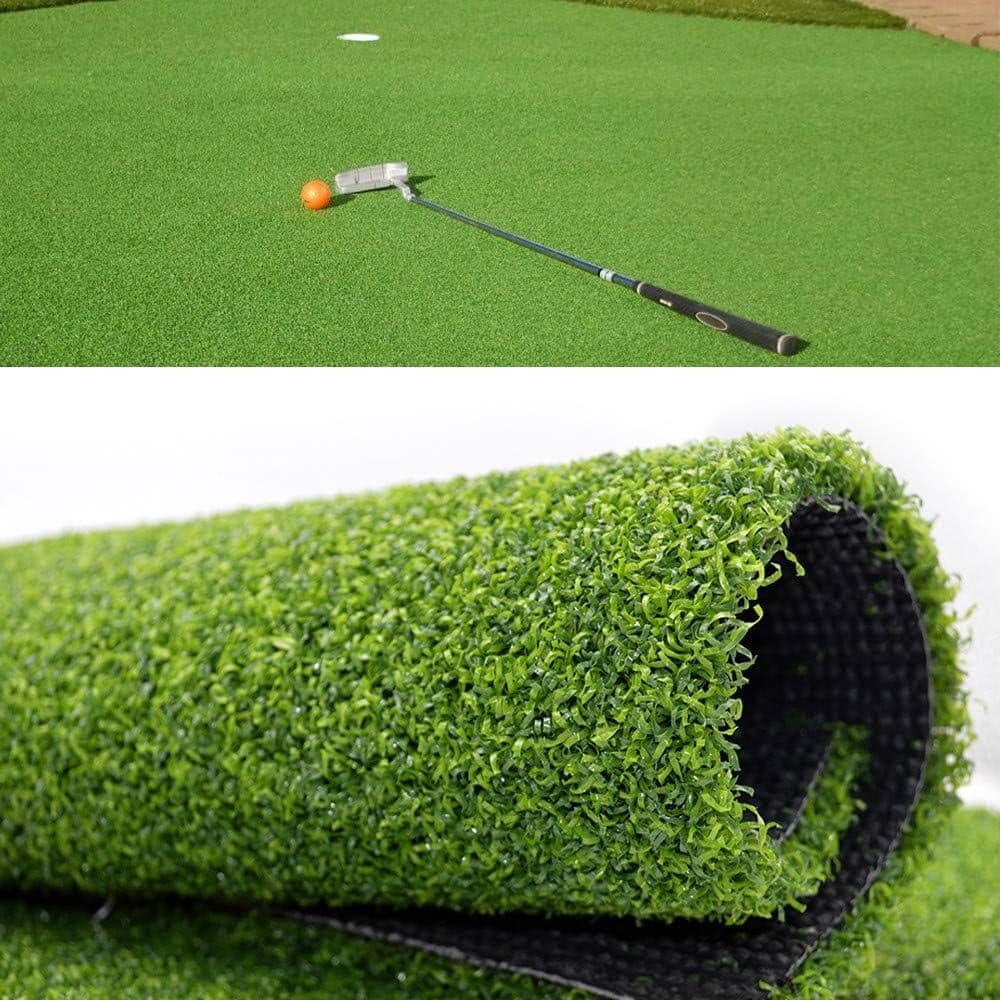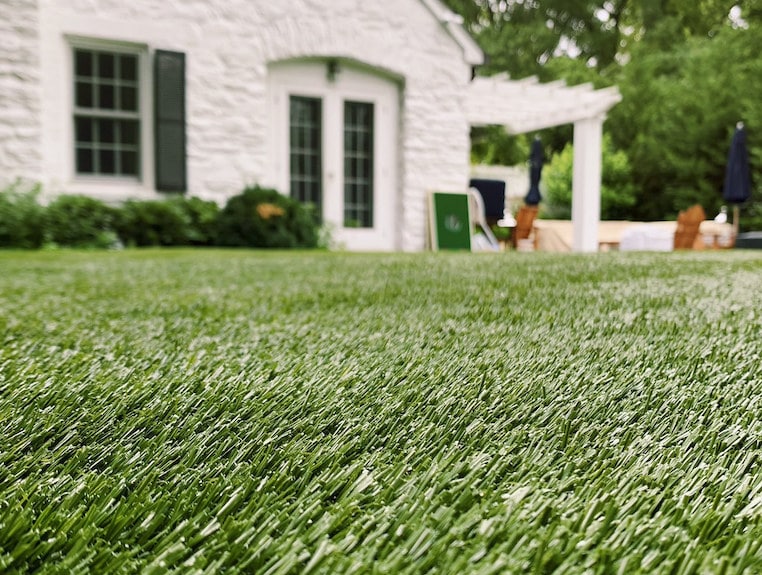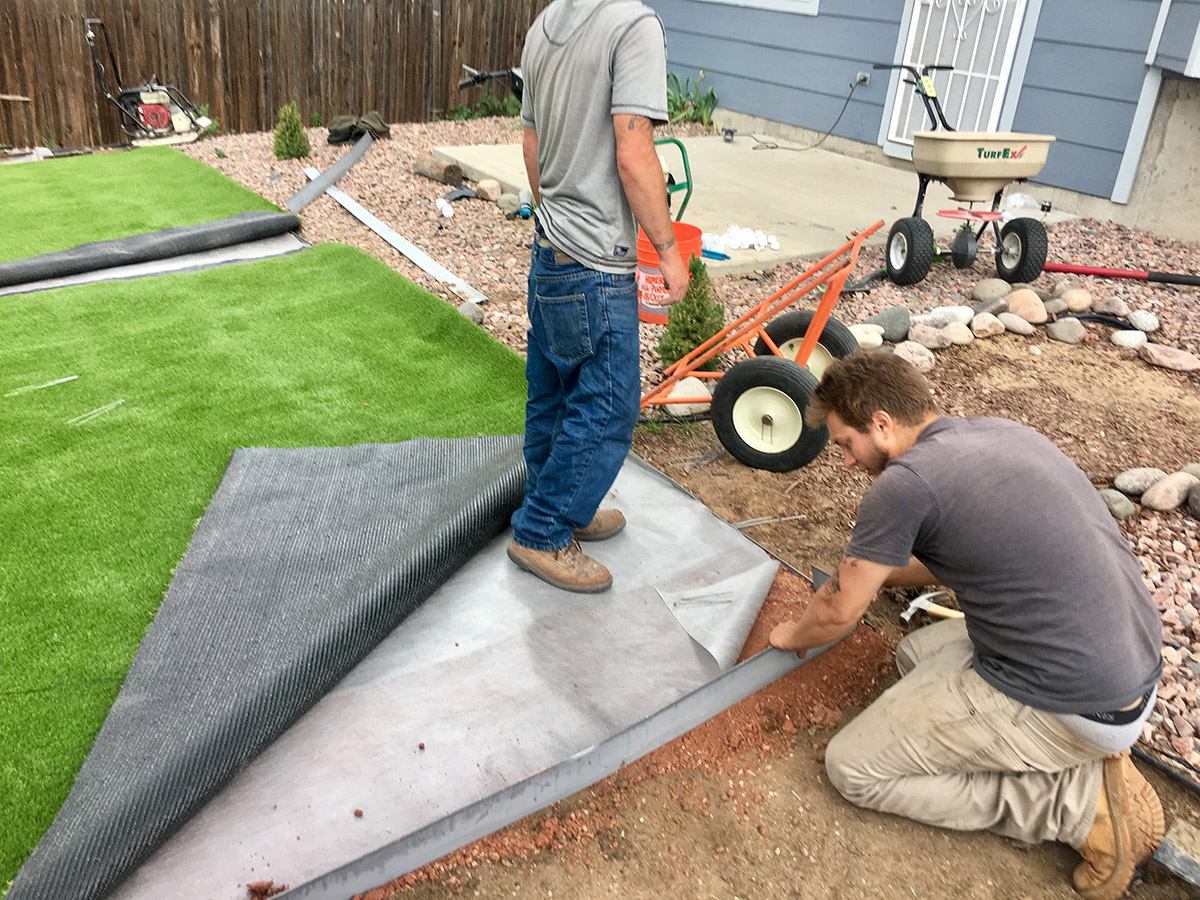Upgrade Your Yard with Professional Turf Installation Phoenix AZ Solutions
Upgrade Your Yard with Professional Turf Installation Phoenix AZ Solutions
Blog Article
Delve Into the Environmental Advantages of Opting for Artificial Turf Solutions
The adoption of synthetic grass services provides an engaging chance to address pressing environmental obstacles. By significantly reducing water usage and minimizing the application of damaging chemicals, these choices not just advertise lasting landscaping but also protect regional environments. Furthermore, the lower carbon footprint connected with reduced upkeep tasks adds to a much more lasting strategy to land management. Nevertheless, the ramifications of these advantages expand beyond plain preservation initiatives, questioning regarding their lasting effect on habitat conservation and general environmental equilibrium. Checking out these dimensions reveals an intricate interaction worth taking into consideration.
Water Preservation Conveniences
One of one of the most considerable benefits of synthetic grass is its capability to preserve water. Typical lawn yards require significant watering, specifically in areas vulnerable to drought or water constraints. In contrast, synthetic grass does not require watering, dramatically decreasing the overall need for water sources. This feature is specifically useful in deserts where water scarcity is a pressing issue.
By getting rid of the requirement for normal watering, fabricated turf adds to lasting landscape practices and assists alleviate the environmental impact of extreme water intake. Moreover, the conservation of water reaches the reduction of overflow, which can cause soil disintegration and waterway pollution.
Additionally, the installation of artificial turf permits house owners and municipalities to allot water resources extra efficiently, concentrating on important usages such as alcohol consumption water and agriculture. The change in the direction of synthetic grass not just promotes responsible water usage yet likewise aligns with more comprehensive environmental objectives focused on preserving natural sources.
As communities significantly prioritize sustainability, the water conservation advantages of synthetic turf present an engaging situation for its adoption in property and commercial landscape design tasks.
Lowered Chemical Usage
The transition to fabricated turf significantly reduces the dependence on chemical therapies frequently used in all-natural grass maintenance. Traditional grass monitoring usually entails the application of chemicals, fertilizers, and herbicides to promote development and control bugs. These chemicals can present risks to human wellness, local wild animals, and the atmosphere, adding to dirt and water contamination.
In comparison, fabricated grass eliminates the demand for these dangerous substances. By lessening the release of artificial compounds into the community, artificial lawn promotes much healthier soil and water systems.
Additionally, the lack of chemical runoff connected with synthetic grass setups assists safeguard regional rivers from contamination, supporting marine life and maintaining biodiversity. Arizona artificial turf. As communities progressively prioritize sustainable methods, choosing synthetic grass provides a viable solution that lines up with ecological conservation goals. Via this shift, homeowner can appreciate lush eco-friendly areas without jeopardizing environmental health and wellness, leading the means for an extra sustainable future
Reduced Carbon Footprint

Additionally, the installment of fabricated grass can cause substantial water conservation. All-natural lawns require considerable amounts of water for irrigation, which not just adds to the carbon footprint linked with water extraction and therapy but likewise pressures visit here local water resources. In contrast, synthetic grass needs marginal maintenance, needing no watering, therefore significantly decreasing water usage and its connected power prices.
In addition, the long life of synthetic grass adds to its lower carbon effect. With a life-span of as much as 15 years or more, the demand for frequent substitutes is decreased, leading to much less waste and lower energy consumption in manufacturing and getting rid of conventional lawn options. Overall, synthetic turf offers a sustainable alternative for environmentally conscious landscape design.
Habitat Preservation
Habitat conservation is a critical consideration in the discussion over landscape design choices, specifically when contrasting synthetic turf to all-natural yard. Natural lawn lawns typically require extensive upkeep, including making use of herbicides, plant foods, and chemicals, which can negatively impact regional environments. These chemicals can seep into the soil and rivers, damaging indigenous plants and fauna and disrupting local environments.
Synthetic lawn removes the demand for dangerous chemicals, thereby protecting close-by wild animals and keeping the integrity of surrounding ecosystems. The setup of man-made grass can lead to the conversion of former yard locations right into even more biodiverse landscapes, such as pollinator gardens or native plant locations, which can sustain neighborhood wildlife.
Ultimately, the change to synthetic grass not just saves water and decreases maintenance initiatives but likewise promotes an extra harmonious connection in between human activities and the natural surroundings, advertising environment find out here preservation in the process.
Long-Term Sustainability
Lasting sustainability is a vital aspect in reviewing the benefits of synthetic turf over conventional yard yards. Among one of the most significant advantages of man-made grass is its resilience; it can last as much as 15-20 years with marginal maintenance, whereas all-natural grass needs constant reseeding and replacement. This longevity reduces the demand for constant sources, such as water, plant foods, and pesticides, which are important for maintaining a healthy and balanced turf lawn.
In addition, synthetic grass contributes to a reduction in carbon exhausts connected with grass treatment devices. Conventional yards frequently call for gas-powered mowers, leaners, and blowers, every one of which add to air contamination. Turf installation phoenix az. On the other hand, synthetic grass removes the need for such devices, promoting a cleaner atmosphere
Moreover, the production of synthetic grass significantly makes use of recycled materials, improving its sustainability account. As suppliers adopt environment-friendly techniques, the environmental footprint of synthetic grass remains to lessen.

Final Thought
The adoption of synthetic grass options presents significant ecological benefits, consisting of significant water conservation, reduced dependence on hazardous chemicals, and a lower carbon footprint. Furthermore, synthetic grass aids in protecting natural environments by minimizing land disturbance and advertising long-term sustainability through the usage of resilient products. Jointly, these variables emphasize the capacity of fabricated turf to contribute positively to environmental health and supply a viable alternative to traditional landscape design methods in a significantly resource-conscious globe.
In comparison, synthetic grass does not need watering, substantially lowering their website the overall demand for water resources. By decreasing the launch of artificial substances into the community, artificial lawn promotes much healthier soil and water systems.
Moreover, the setup of artificial turf can result in significant water conservation. In comparison, synthetic turf requires minimal upkeep, calling for no watering, consequently considerably decreasing water use and its connected energy expenses.

Report this page